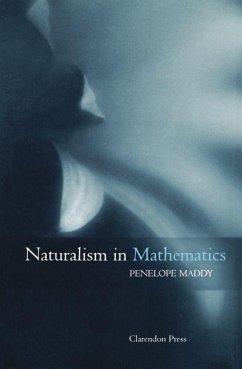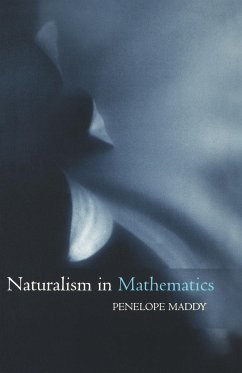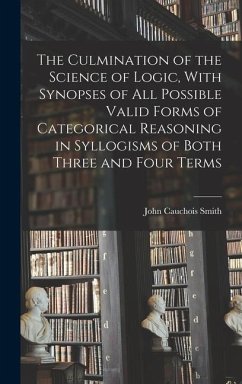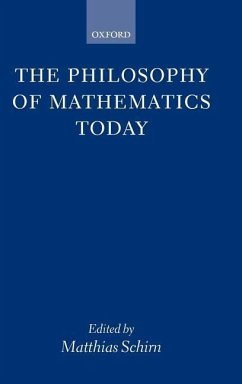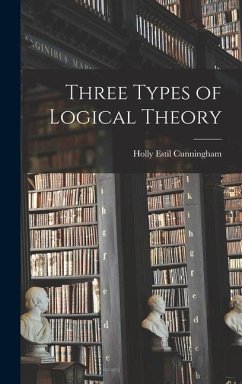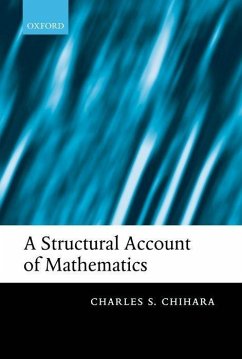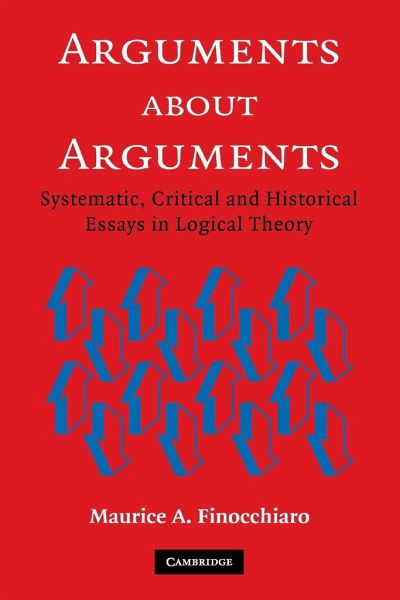
Arguments about Arguments

PAYBACK Punkte
31 °P sammeln!
Following an approach that is empirical but not psychological, and dialectical but not dialogical, in this book Maurice Finocchiaro defines concepts such as reasoning, argument, argument analysis, critical reasoning, methodological reflection, judgment, critical thinking, and informal logic. Including extended critiques of the views of many contemporary scholars, he also integrates into the discussion Arnauld's Port-Royal Logic, Gramsci's theory of intellectuals, and case studies from the history of science, particularly the work of Galileo, Newton, Huygens, and Lavoisier.






